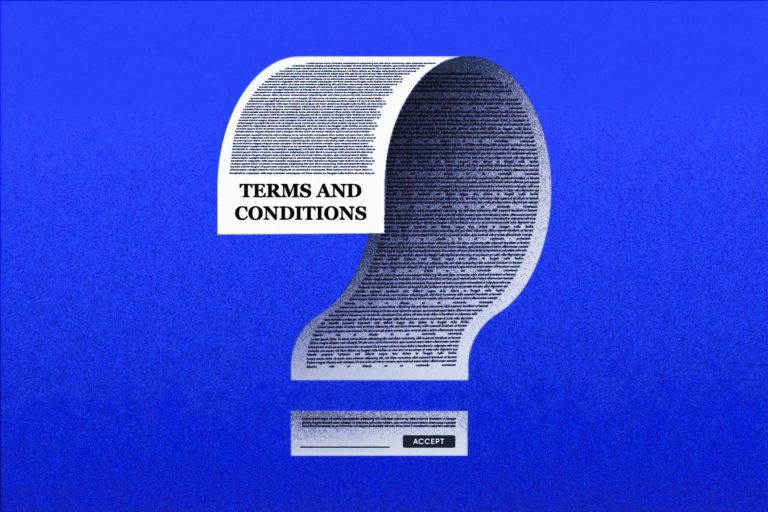
What States Make You Pay an Inheritance Tax?
Let’s start with defining “inheritance tax.” The answer depends on the laws of each state, so you’ll need to speak with an estate planning attorney to learn exactly how your inheritance will be taxed, says the article “States with Inheritance Tax” from yahoo! finance. There are six states that still have inheritance taxes: Iowa, Kentucky, Nebraska, New Jersey, Maryland and Pennsylvania.
In Iowa, you’ll need to pay an inheritance tax within nine months after the person dies, and the amount will depend upon how you are related to the decedent.
In Kentucky, spouse, parents, children, siblings and half-siblings do not have to pay inheritance taxes. Others need to act within 18 months after death but may be eligible for a 5% discount, if they make the payment within 9 months.
Timeframes are different county-by-county in Maryland, and the Registrar of Wills of the county where the decedent lived, or owned property determines when the taxes are due.
Only a spouse is exempt from inheritance taxes in Nebraska, and it has to be paid with a year of the decedent’s passing.
New Jersey gets very complicated, with a large number of people being exempted, as well as qualified religious institutions and charitable organizations.
In Pennsylvania, rates range from 4.5% to 15%, depending upon the relationship to the decedent. There’s a 5% discount if the tax is paid within three months of the death, otherwise the tax must be paid within nine months of the death.
As you can tell, there are many variations, from who is exempt to how much is paid. Pennsylvania exempts transfers to spouses and charities, but also to children under 21 years old. If one sibling is 20 and the other is 22, the older sibling would have to pay inheritance tax, but the younger sibling does not.
There’s also a difference as to which property is subject to inheritance taxes. In Nebraska, the first $40,000 inherited is exempt. Pennsylvania exempts certain transfers of farmland and agricultural property. All six exempt life insurance proceeds when they are paid to a named beneficiary, but if the policies are paid to the estate in Iowa, the proceeds are subject to inheritance tax.
Note that an inheritance tax is different than an estate tax. Both taxes are paid upon death, but the difference is in who pays the tax. For an inheritance tax, the tax is paid by heirs and the tax rate is determined by the beneficiary’s relationship to the deceased.
Estate tax is paid by the estate itself before any assets are distributed to beneficiaries. Estate taxes are the same, regardless of who the heirs are.
There are twelve states and the District of Columbia (Washington D.C.) that have their own estate taxes (in addition to the federal estate tax). Note that Maryland has an inheritance, state and federal estate taxes. The rest of the states with an estate tax are Connecticut, Hawaii, Illinois, Maine, Massachusetts, Minnesota, New York, Oregon, Rhode Island, Washington and Vermont.
The large variations on estate and inheritance taxes are another reason why it is so important to work with an experienced estate planning lawyer who knows the estate laws in your state.
Reference: yahoo! finance (Jan. 6, 2021) “States with Inheritance Tax”







